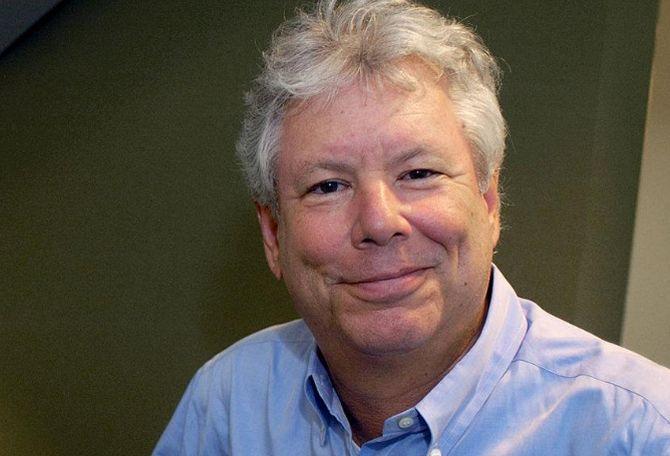"He's made economics more human," the Nobel jury said.

US economist Richard Thaler won the 2017 Nobel Economics Prize for his contributions in the field of behavioral economics, showing how human traits affect supposedly rational markets, the Royal Swedish Academy of Sciences said on Monday.
Bridging the gap between economics and psychology, Thaler's research focuses on behavioural economics which explores the impact of psychological and social factors on decisions by individuals or groups in the economy and financial markets.
"He's made economics more human," the Nobel jury said.
Thaler brought to prominence the idea of “nudge” economics, where humans are subtly guided toward beneficial behaviors without heavy-handed compulsion, the theme of a 2008 book he co-wrote which caught the eye of policymakers around the world.
“In total, Richard Thaler’s contributions have built a bridge between the economic and psychological analyses of individual decision-making,” the award-giving body said on announcing the 9 million Swedish crown ($1.1 million) prize.
“His empirical findings and theoretical insights have been instrumental in creating the new and rapidly expanding field of behavioral economics, which has had a profound impact on many areas of economic research and policy.”
Photograph: Reuters











